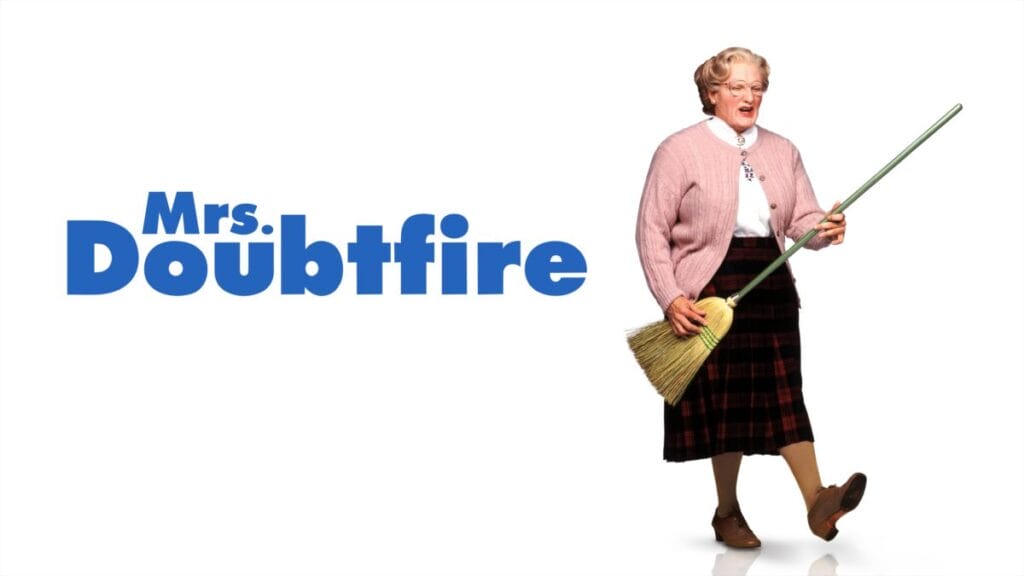Happy Hump Day…this week in Built to Sell News, we’re covering:
- How to get 3 times revenue instead of 1
- Why recurring revenue is not just for software companies
- How Gamal Codner transformed an e-commerce business into a subscription company (listen now)
- Tools for switching to a recurring revenue model
- The ultimate trophy
- Why Indie Hackers is Indie again
3 Times Revenue Instead of 1
Last week Darden, the owner of The Olive Garden restaurant chain, announced it was acquiring Ruth’s Chris, the legendary steak house, for $715 million, implying a valuation of around one times last year’s annual revenue or about ten times their adjusted EBITDA for 2022.
Not bad for a giant company, but Ruth’s Chris’ value was likely hindered by its lack of recurring revenue.
Comparing Ruth’s Chris to another traditional business with recurring revenue demonstrates the power of automatic customers. For instance, Waste Management, a private garbage collection company that disposes of trash for clients through long-term contracts, trades at over three times its annual revenue.
Two companies in traditional industries have nothing to do with software, yet one trades at one times revenue while the other fetches three.
Recurring Revenue: Not Just for Software Companies Anymore
Many people consider recurring revenue to be exclusive to software companies, but traditional businesses can also reap the benefits of creating recurring income streams. This week, we interviewed Gamal Codner, the founder of Fresh Heritage, a line of men’s grooming products that began with beard oil for softening facial hair prior to shaving.
Gamal used Facebook ads to acquire customers at a cost of around $15 each. However, with an average order value of $30, there was little margin left to support his expanding operation. Recognizing the need for change, Gamal decided to broaden his product line by introducing additional grooming offerings and launching the VIP Club, a subscription program for men wanting automatic shipments of Fresh Heritage products.
Gamal continued to acquire customers through Facebook advertising, and instead of relying on one-time purchases, he successfully converted them into subscribers, significantly increasing their lifetime value. The average order value also surged to over $60, and with the subscription program expanding to 3,000 members, Codner’s EBITDA margin grew to 40%.
That got the attention of BRANDED, an aggregator of digitally native, direct-to-consumer brands that made Gamal an acquisition offer he couldn’t refuse.
️ Tools For Switching to a Recurring Revenue Model
If you’re in a traditional industry (i.e. not software) and you’re trying to figure out how to create recurring revenue, we created an online course for you.
You’ll also need to get your employees to follow new processes if you switch to a recurring revenue model. VidGuide can help by ensuring your instructions pop up in front of your employees as they are doing their work. VidGuide is perfect for creating systems, Standard Operating Procedures, and instructions you want your employees to follow. Try VidGuide free for 7 days.
The Ultimate Trophy for an Ambitious Entrepreneur

After he sold Fresh Heritage, Gamal bought himself something money can’t usually buy: time. He hired a full-time nanny to care for his newborn, freeing himself up to enjoy their new home in South Florida. He shares the story at the 36:05 mark of the episode.
️ Clip of the Week
Using Facebook ads and online reviews, Codner quickly grew Fresh Heritage, but relying solely on paid customer acquisition almost led the company to bankruptcy. In this clip, Codner shares how introducing a subscription program was a game-changer, as it turned one-time customers into automatic repeat purchasers. This strategy significantly boosted the company’s revenue and the lifetime value of each customer.
Quote of the Week
” Whether or not our ads (Facebook ads) were performing or underperforming, we knew every single month we had consistent revenue coming in.”
– Gamal Codner shares how implementing the VIP membership helped solve his company’s cash flow and supply chain issues.
Recent Deals
- Last week, Courtland and Channing Allen appeared on various podcasts discussing their decision to part ways with Stripe, who acquired their business, Indie Hackers, in 2017. Now operating independently again, it’s interesting to revisit John’s interview with Channing from earlier this year, where Channing subtly hinted at the impending separation.
- In other news, the peer-to-peer sports betting company Wagr was acquired by Yahoo last week, further fuelling excitement around sports betting. This development brings to mind our March interview with Kyle Scott, who transformed a blog for Philadelphia sports enthusiasts into a sporting wagers affiliate site which attracted an acquisition offer of close to $30 million.
We always look for exceptional entrepreneurs like Gamal to feature on the podcast. If you know a founder who deserves recognition, you can nominate them by clicking this link.
(Was this newsletter forwarded to you? Sign up here.)



